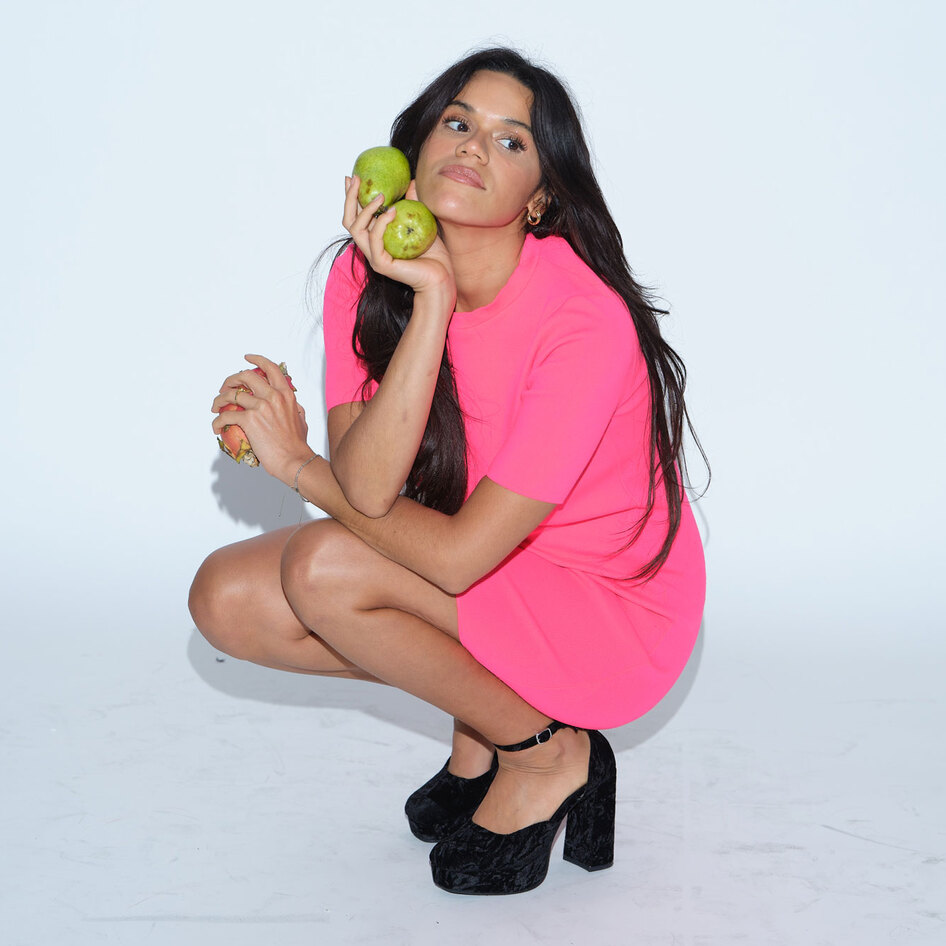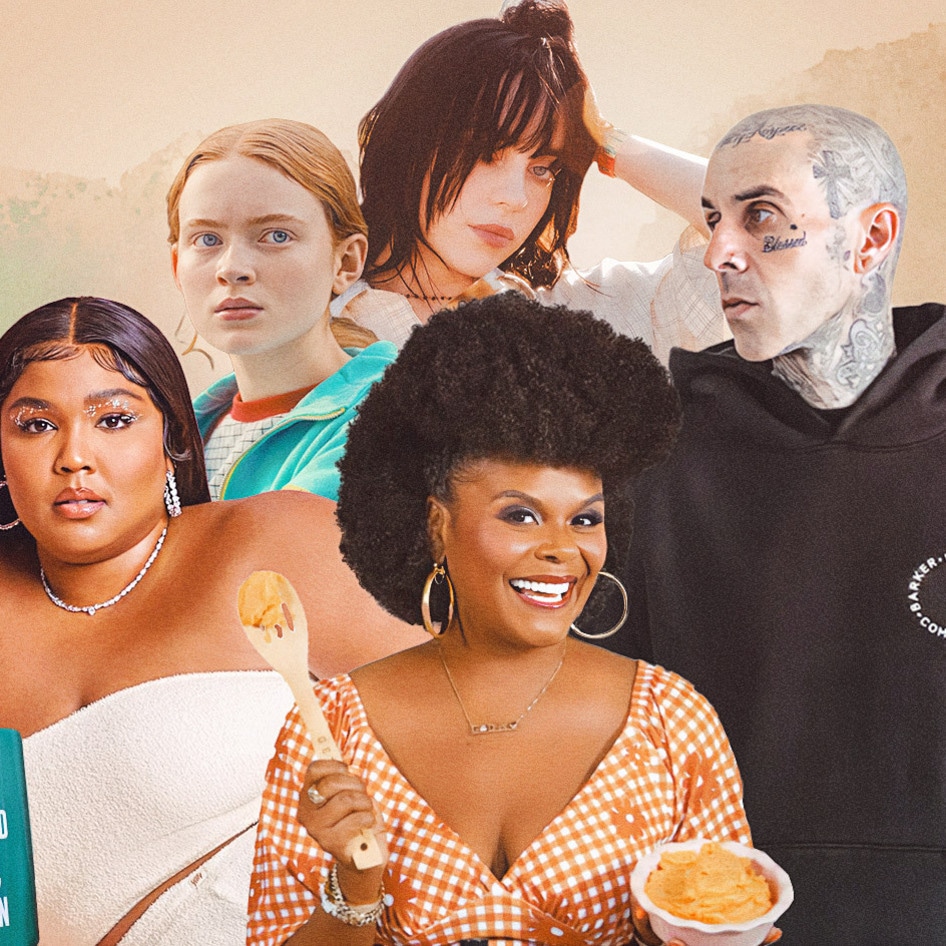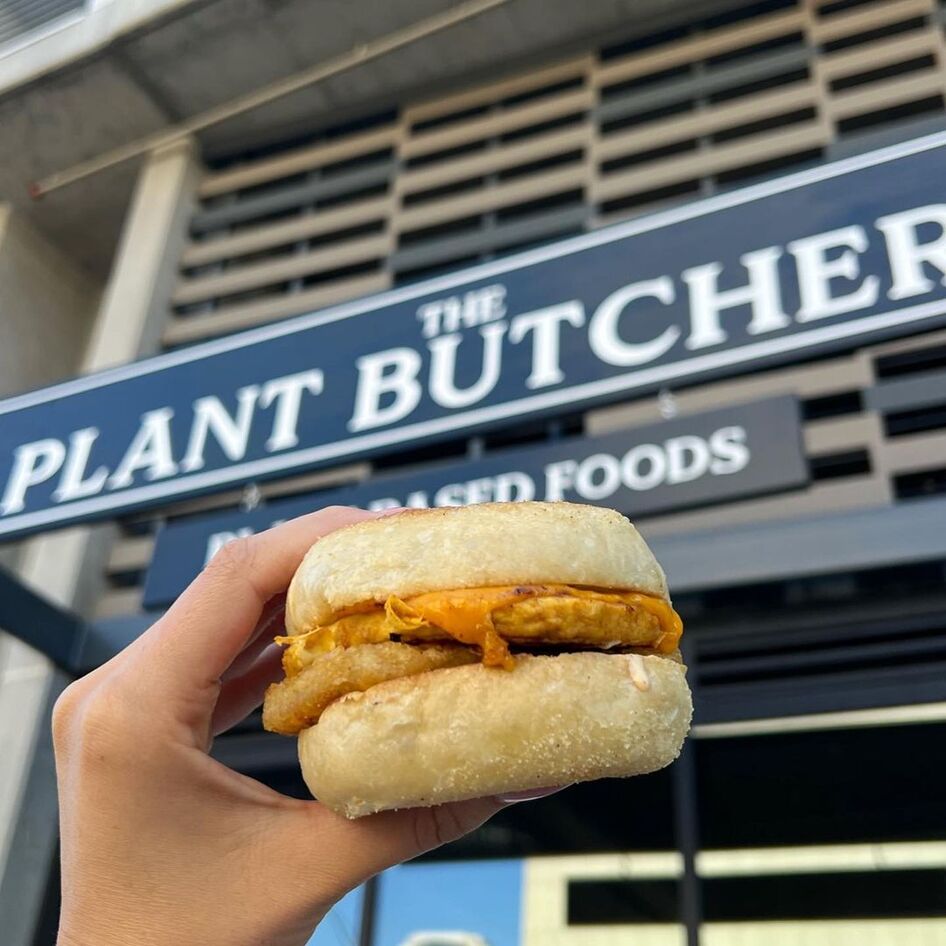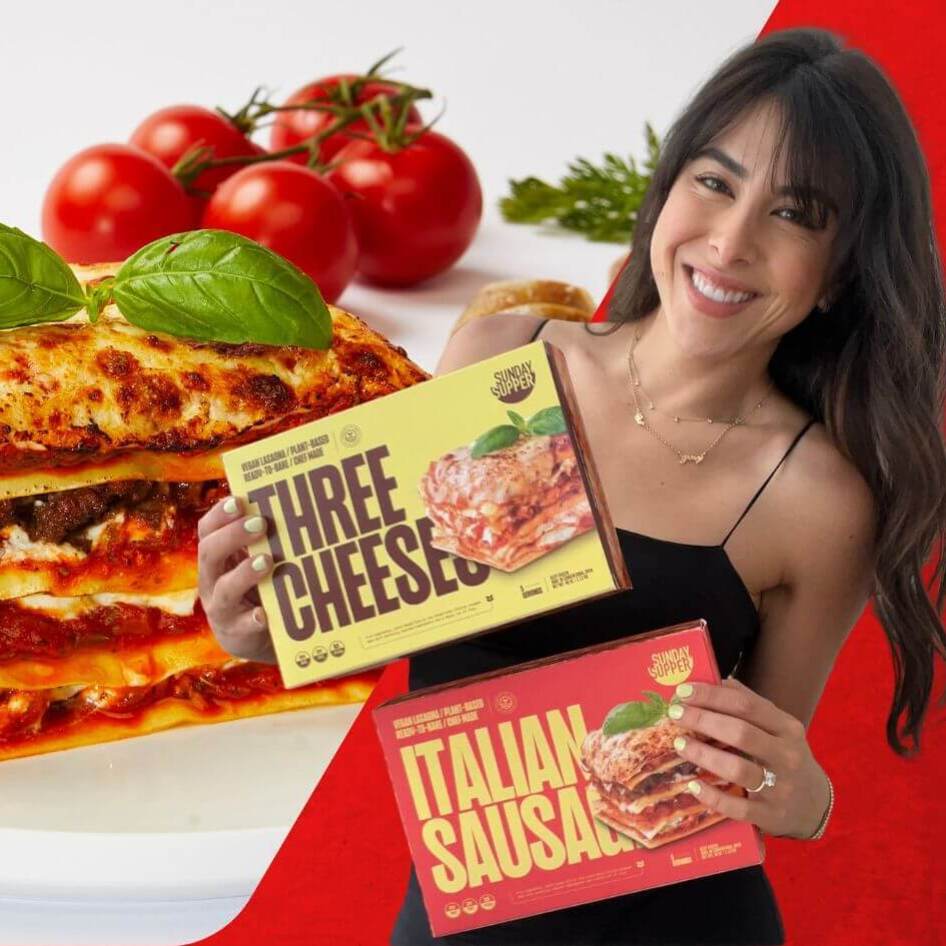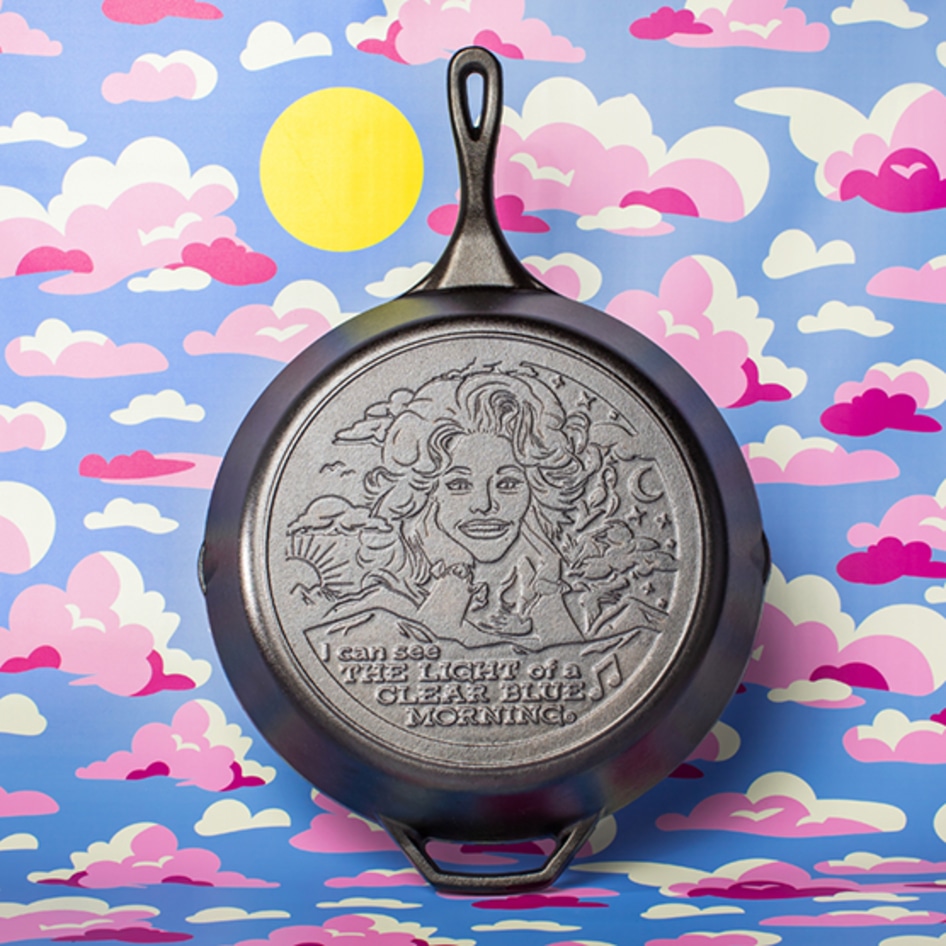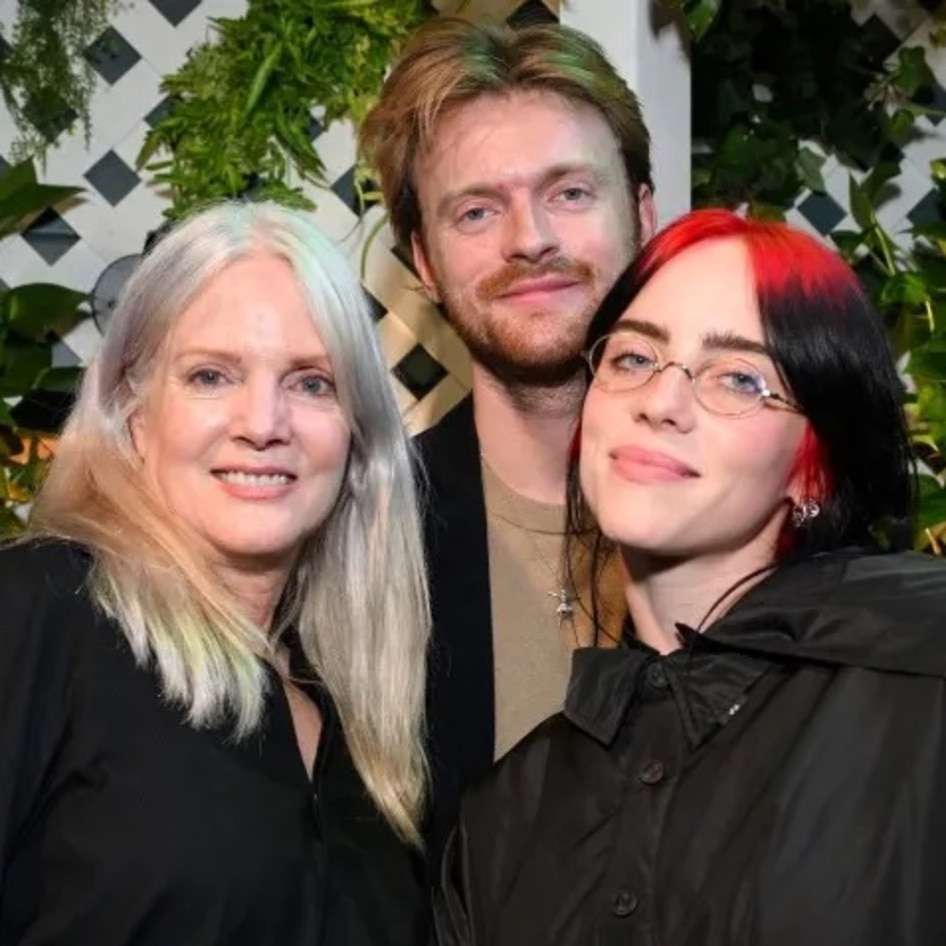Get Inside the Head of Veg Author Robin Brande
With her special brand of veg-friendly teen tales, this novelist is giving young women smart, positive, and compassionate role models.
May 2, 2010
Robin Brande discovered her passion for writing when she was 10 years old, “but by the time I graduated from college with an English degree, [writing] didn’t seem like a practical career.” Thankfully, her mindset changed and she left her law career for a world of life lessons, teenage romance, and the scientific method. Brande is happily pursuing her childhood dream and inspiring a new generation of young women. While researching her second novel, Fat Cat, Brande uncovered the truth behind factory farming and embraced veganism almost overnight. Now, the accomplished author weaves another lesson of compassion with her words, helping veg lit reach the mainstream. With two successful young-adult novels to her name, Brande is currently toiling away on her newest tale, Parallelogram, due out in 2011.
VegNews: Do you feel that you have a social responsibility as a writer?
Robin Brande: I feel a huge responsibility. I write primarily for young adults, and I’m very conscious both of being a positive role model myself, and of providing positive role models in my novels. I try never to preach, but just to open up a conversation and show readers another way to look at things.
VN: How can the written word be used as a form of activism?
RB: I think there are two ways to go about it. One is to print the unflinching truth, no matter how unattractive and difficult it is for people to read. The other method, and one that I use, is to weave it into our work and let people come to it sideways. Sometimes a gentle introduction can lead people to want to do more investigation on their own. That’s certainly what happened to me.
VN: What themes are most recurrent in your work? What are your favorite subjects to explore?
RB: My novels all involve science of some sort—evolution, health and nutrition, quantum physics—but the main theme is transformation. The young women in my novels find what it takes within themselves to become stronger, more confident, happier, better able to be who they really are, no matter who’s pressuring them to be otherwise. Plus, I always throw in some romance, because science always goes better with some kissing.
VN: What do you see in the future of veganism and animal rights?
RB: People want to be well. People want to do the right thing. The food and health care industries are already pushing people toward wanting better, saner solutions on how to live right. Maybe, as with global warming, all it will take is one person, one event—ike maybe Oprah going back to veganism after that brief flirtation with it—to open people’s eyes.
VN: Are you involved with other social causes? Do you see an intersection with animal rights?
RB: My core group is girls and young women. I want them to be safe, independent, healthy, and strong. Many societies still treat their young women as property, as something to be sold or used and tossed away. Cruelty is cruelty. If you’re working for peace in this world, there are plenty of places to dive in, whether it’s for animal or human rights. The great thing about being vegan is you can do that and work for other causes while you’re at it.
VN: Tell us about your upcoming novel, Parallelogram.
RB: It’s about a high school science genius, who uses her knowledge of quantum physics and string theory to bridge the gap into the next universe over, where she meets another version of herself who is very different from how she is here. She has to figure out how to become more like that girl than her own, less-exciting self. It’s all based on my own secret wish that I were Xena or someone cool like that.
JUMP TO ... Latest News | Recipes | Guides | Health | Shop

